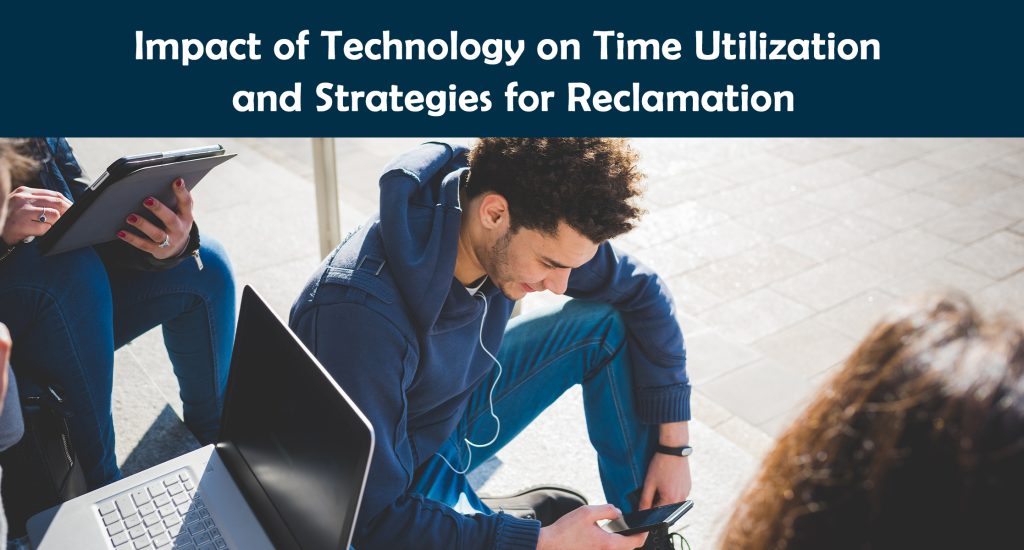
Modern technology, designed for convenience, paradoxically consumes our time, as revealed by a study across Europe. Despite the intent to simplify, individuals increasingly engage in tech-based tasks during supposed idle moments. Digital tools blur the lines between work and personal time, fostering a sense of constant connectivity. (www.ndu.edu.ng) The perception of online activities as less authentic contributes to feelings of guilt and regret. To reclaim time, a cultural shift towards embracing moments of inactivity is suggested. Legislation, exemplified by “right to disconnect” laws, may establish boundaries, fostering a healthier work-life balance. Ultimately, technology’s role in time management warrants reconsideration.

